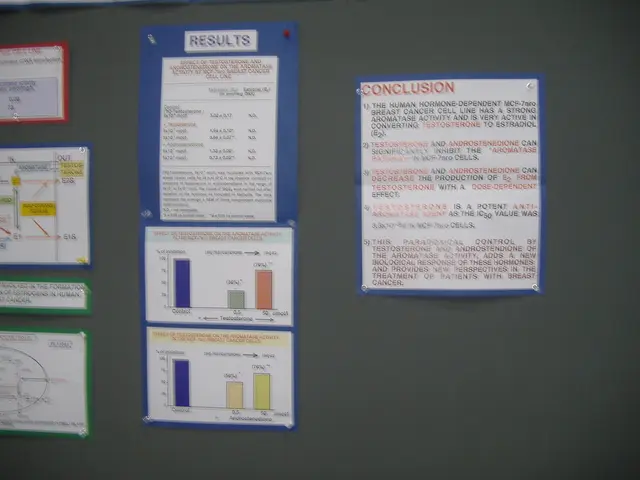Disputes over Governance and Equity Arise in United Nations Tax Discussions
The United Nations' intergovernmental negotiating committee is delving deeper into Workstream I of the UN Framework Convention on International Tax Cooperation, aiming to establish a comprehensive and equitable global tax system.
Governance and Stakeholder Participation
Governance is a key focus area, with several stakeholders urging the committee to devote more time and resources to the convention's governance. The committee has approved 34 civil society and non-governmental organizations to participate in its work, and over 100 Member States are actively involved. Stakeholders have called for transparency, inclusiveness, and a rights-based approach in negotiations and implementation.
Fair Allocation of Taxing Rights
The fair allocation of taxing rights is a contentious issue, with some countries advocating for taxing rights based on where business activities take place, while others believe it should be based on economic substance and value creation. Indonesia emphasizes the importance of strong reaffirmation of source taxation in the fair allocation of taxing rights. The African Union suggests discussing the fair allocation of taxing rights on a protocol-by-protocol basis.
Value Creation and Sovereignty
Discussions highlight the need to better recognize where economic value is created for taxing purposes, especially in the context of digitalized and globalized economic activity. This includes broad concepts of value and fair taxing rights that reflect real economic activities. Balancing national sovereignty with collective action is critical, as the new Convention needs to be binding but also respect state autonomy over taxation policy.
Commitments and Concerns
The committee is considering three commitments for Workstream I: effective prevention and resolution of tax disputes, fair allocation of taxing rights, and sustainable development. The ICC urged the committee to establish a technical business advisory council, while KPMG believes the intergovernmental negotiating committee should create working advisory groups to attain consensus and should incorporate business interests into those groups.
However, some stakeholders question the usefulness of the sustainable development commitment, and only two business representatives, KPMG and the ICC, responded to Workstream I, raising questions about the lack of business engagement. The International Chamber of Commerce advises against a broad, undefined debate on "fairness."
Crucial Next Steps
Workstream I is crucial as it will draft the text of the UN Framework Convention and its commitments. Some stakeholders, like the African Union and Germany, urged the committee to align the commitment with the outcomes from the U.N.'s recent Fourth International Conference on Financing for Development.
The Republic of Korea recommends more conceptual clarity for the concept of value creation, and Brazil suggested this would be a good location to fit the convention's capacity-building work. The U.N. Framework Convention on Climate Change (UNFCCC) has successfully incorporated commitments, but their effectiveness for tax cooperation remains to be seen.
In summary, Workstream I is currently in the foundational negotiation phase with commitments toward an inclusive, fair, and binding UN Framework Convention that sets the basis for future protocols. The major issues revolve around ensuring equitable value allocation, respecting sovereignty while enabling cooperation, and broad stakeholder involvement to address persistent asymmetries and gaps in the international tax system.
- The United Nations' intergovernmental committee's discussions on value creation and sovereignty in the context of digitalized and globalized economic activity are central to the policy-and-legislation of establishing a comprehensive and equitable global tax system, as envisioned by the UN Framework Convention on International Tax Cooperation.
- The proposed commitments for Workstream I, including effective prevention and resolution of tax disputes, fair allocation of taxing rights, and sustainable development, have generated concerns among business stakeholders, with the International Chamber of Commerce advising against a broad, undefined debate on "fairness" and questioning the lack of business engagement.
- In the realm of general news, the United Nations' efforts in international tax, specifically the intergovernmental committee's negotiations on Workstream I, intersect with finance, politics, and policy-and-legislation, as these discussions aim to address the complexities of business, value creation, and taxation in the contemporary globalized economy.




